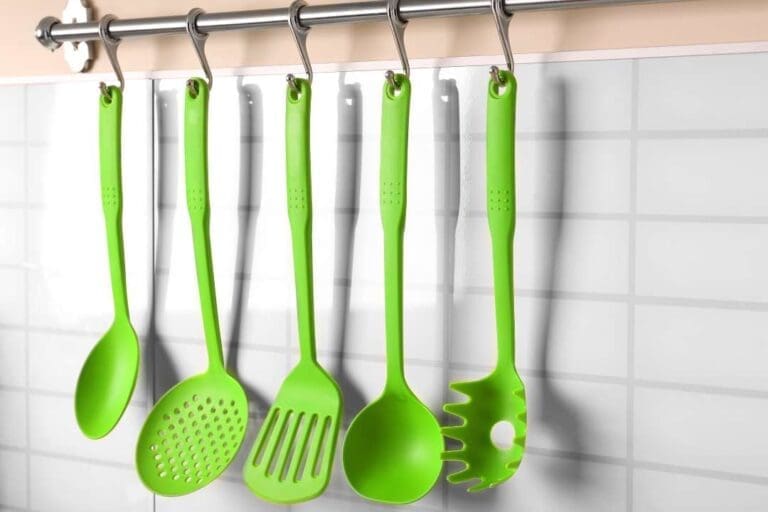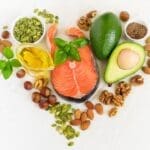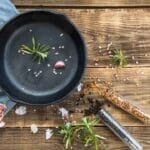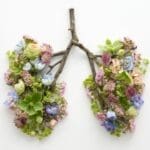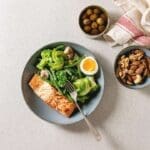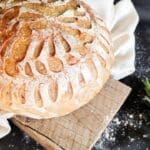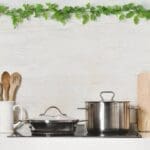Plastic utensils are a common household item, but their convenience comes with hidden health risks. From chemical leaching to bacterial growth, these everyday tools can pose serious threats to your well-being. In this blog post, we will explore the dangers of plastic utensils and provide safer, eco-friendly alternatives to protect your health and the environment.
Chemical Leaching
Plastic utensils can release harmful chemicals like BPA and phthalates into food, especially when heated. These chemicals are known to disrupt hormones and increase the risk of health issues such as reproductive problems and cancer. Studies have shown that BPA can leach into food from plastic, posing significant health risks.
Microplastics
Microplastics are tiny plastic particles that can enter our bodies through food, water, and air. These particles have been found in human organs and can cause health issues such as inflammation, oxidative stress, and DNA damage, which are risk factors for diseases like cancer. Studies indicate that humans consume thousands of microplastic particles annually, making it essential to reduce exposure.
Bacterial Growth
Plastic utensils can develop cracks that harbor bacteria, increasing the risk of cross-contamination and foodborne illnesses. Studies show that bacteria like E. coli and Salmonella survive longer on plastic surfaces. Conversely, wooden utensils have natural antibacterial properties, where bacteria die off more quickly due to the wood’s porous structure.
Benefits of Switching to Metal or Wooden Utensils
Switching to metal or wooden utensils offers significant health benefits. Metal utensils, like stainless steel, do not leach harmful chemicals into food and are easy to clean, maintaining a hygienic kitchen environment. Wooden utensils have natural antibacterial properties, where bacteria die off quickly, reducing the risk of contamination. Both options are safer and more sustainable than plastic.
Product Recommendations
To help you make the switch, here are some recommended products:
- Stainless Steel Utensil Set: Durable and easy to clean, these utensils are a great addition to any kitchen. Shop now.
- Wooden Utensil Set: Natural and antibacterial, these utensils are perfect for cooking and serving. Shop now.
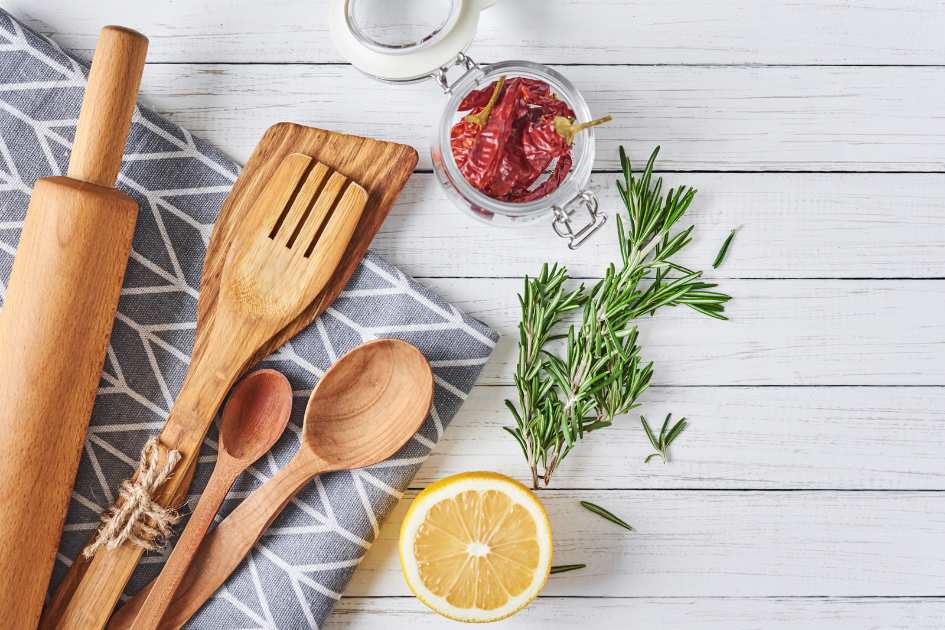
The health risks associated with plastic utensils are significant, ranging from chemical leaching to microplastic ingestion and bacterial growth. By switching to metal or wooden utensils, you can reduce these risks and promote a healthier, more sustainable lifestyle. Make the change today for a safer kitchen environment and a healthier you!


